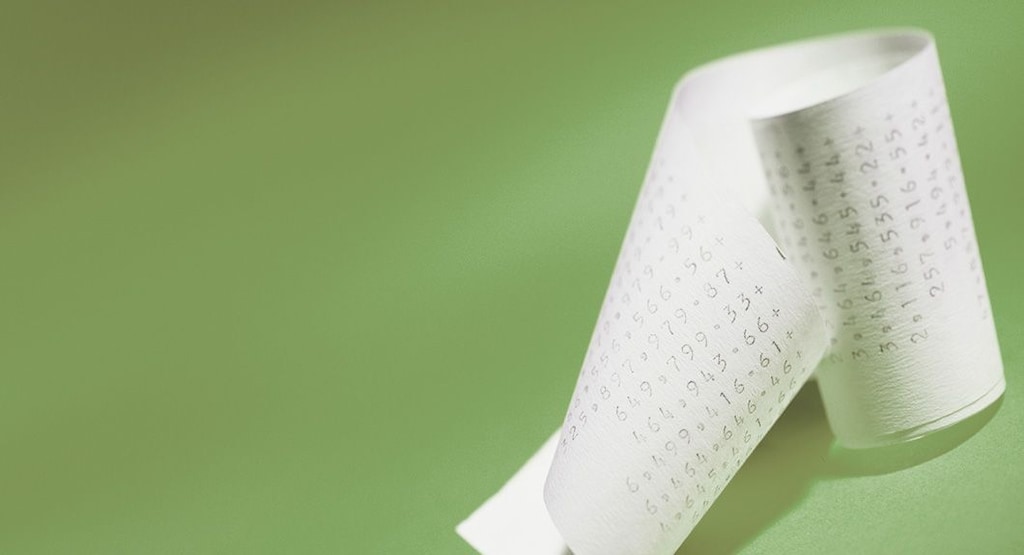Let’s face the facts. Your office desk is a mess. You have difficulty finding anything. Papers are all over the place since nothing is ever filed. What’s worse is that your cell phone is ringing on your desk right now, but you can’t find it under all that clutter. One of the biggest areas that keep small-business owners stuck and slows productivity is an unorganized office.
However, by adapting some of the principles of Feng Shui, an ancient Chinese system of orientation, you can organize your desk to provide a perfect balance without adding stress to your environment. Here are some key aspects.
1. The desk. The traditional desk is a poor design for getting things done. These days, the computer monitor, printer and networking equipment can take up much of that space. Get a desk set that has two pieces that can form an "L" shape at their intersection. This shape forms the perfectly balanced place to settle into your work. In Feng Shui, this "center of your desk" represents health.
2. The chair. The represents your career. Keep it clean and always allow it to easily move in any direction. The chair should be adjusted so your feet can fit firmly on the floor.
3. The computer and monitor. Get as big a monitor as you can afford. Ensure that only the monitor goes on your desk. If your computer has a tower, fit it under the desk, but not in a place where your legs will bump it. The monitor should be approximately 30 inches away from your eyes. Its height should be between horizontal and 60 degrees below eye level. Keep the monitor directly in front of you since this area in Feng Shui that represents your connection to people. Place the keyboard in front of the monitor. Do not position it to the right or left since using it in that position will require too much unnatural twisting of your body. Most keyboards are too flat for effective wrist support. Try an ergonomic keyboard, such as the Microsoft Natural Keyboard Elite and find a mouse that lets you rest your entire hand, on it, such as the Evoluent Vertical Mouse. These take a bit of time to get used to, but are worthwhile in the long run.
4. Speakers. For many offices, sounds are the most important part of creating Feng Shui. First, decide if you are listening only to Web videos or if you are streaming higher fidelity music from a service like Pandora or iTunes. Attach the speakers to your monitor to prevent them from taking up valuable desk space without sacrificing sound quality.
5. Printer. Your printer should be on the end of the "L " in back of you. In Feng Shui, this is the money area. This will make your office space cooler and quieter if the noise is behind where you work or are typically on the phone. Take the stress out of printing envelopes by having a separate label printer dedicated to this task. Position it near the printer.
6. Cell phone charger. Take the stress out of worrying if your cell phone is charged. When at your desk, place it on a power mat so it is always at full capacity. Keep all of this on your left side since in Feng Shui, this is the knowledge area. Make sure you wear a headset while talking on the phone in the office. This will make your neck more comfortable and free up your hands. Use a bluetooth headset or an inexpensive Plantronics one that plugs into your cell or smart phone. An adapter may be required.
7. Your supplies. Never be without note paper, sticky notes or a stapler. These are important office tools. Keep these things on your right side since this is the area according to Feng Shui, that represents creativity.
Barry Moltz is author of several books, including You Need to Be A Little Crazy: The Truth about Starting and Growing Your Business and Small Town Rules: How Small Business and Big Brands can Profit in a Connected Economy.



